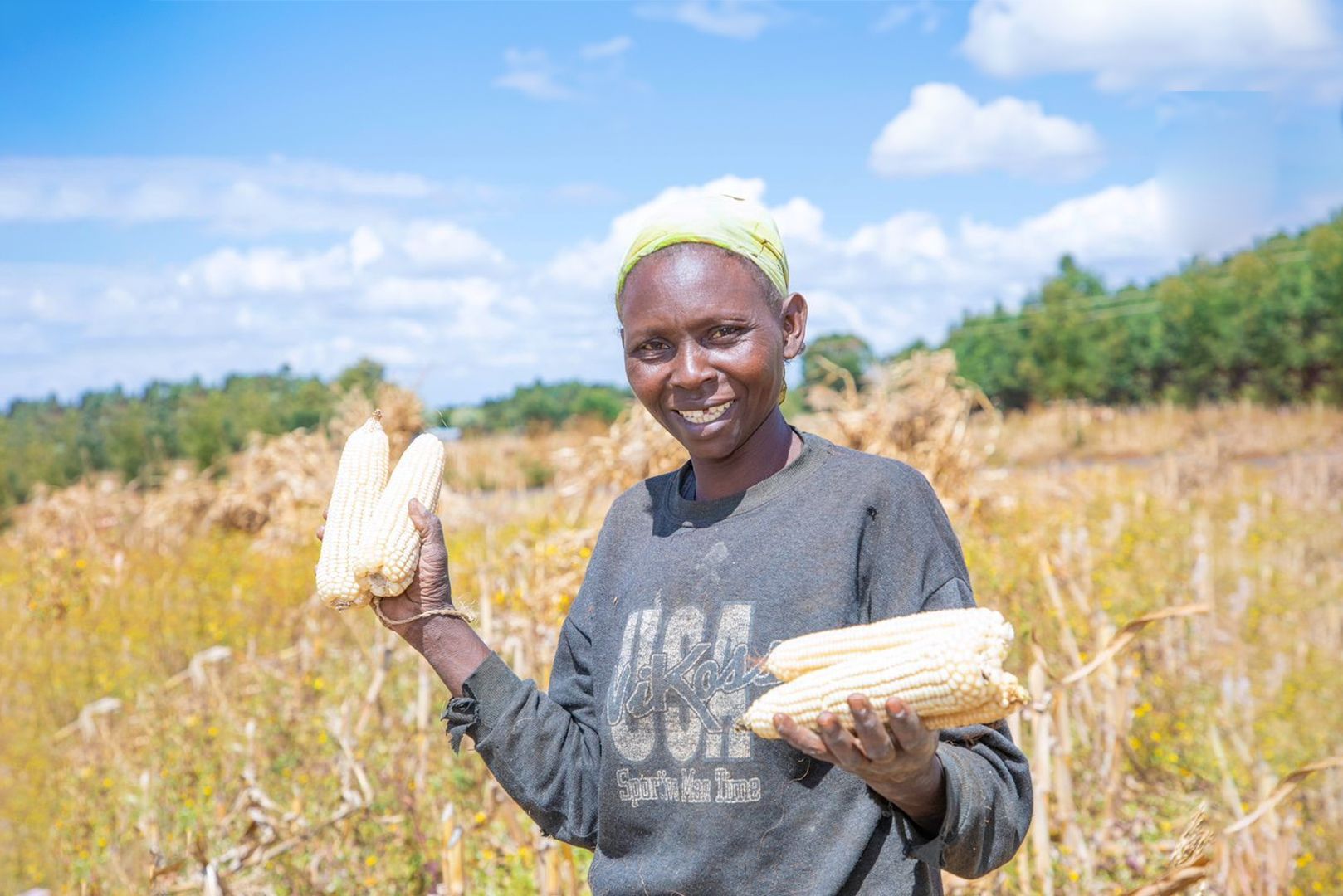Reading time:3 min read
Curbing Post-harvest Loss for Food Security: 4 Lessons from the Field.
In our food system, ensuring food security is a complex puzzle with many pieces. One critical aspect that often slips through the cracks is post-harvest loss—the diminishing quantity and quality of crops/commodities after they leave the fields. How can we tackle this issue and learn to secure our food supply more effectively?
We looked into practical insights gained directly from most of these farmers we have worked with and have seen what works best. Real lessons from real places.
Accessible Technologies: Simple Solutions for Big Problems
Basically, practical solutions for significant challenges; while edge-cutting cutting-edge have their place, small-scale farmers often lack the means to adopt complex systems. Simple, affordable technologies, such as low-cost smart storage solutions, silos, and basic post-harvest handling equipment, can make a significant difference in the health of grains. These practical tools empower farmers to preserve the quality of their grains and reduce post-harvest losses. The most successful technique has always been “Simple Technologies, Big Impact.”
Sensitization and Training Programs: Education as a Catalyst for Change
Knowledge is power, and ignorance kills faster than the farm pests strike. Educational programs focusing on proper harvesting techniques and storage practices can make a tangible difference. A key determinant of a good harvest also extends to understanding the right time to harvest. Sensitized farmers are better equipped to make informed decisions at every stage of the post-harvest process, ultimately contributing to reduced losses and enhanced food security. For instance, we noticed a 60% increase in grain commodities' shelf life and decreasing damages after the sensitization on proper handling practices in 2022.
Connecting Farmers to Opportunities
Market linkages are as important as the storage facilities provided; for what use is the harvest if it doesn’t get to the consumers at the right time? Small-scale farmers often face challenges in accessing markets directly, leading to increased post-harvest losses. Strengthening market connections through cooperative initiatives, farmer groups, and inclusive supply chain partnerships can improve farmers' market access. Beyond providing access to a good market, the system is bringing the marketplace closer to them, thereby eliminating/ reducing the huge burden of logistics.
Support Research and Development Course
Data is as essential to a secure food system as the cell is to live. Data-driven insights enable us to tailor solutions to specific needs, ensuring a more sustainable and effective response to the ever-evolving landscape of our food system. Farming difficulties are peculiar to regions, and the differences range from small to large. Monitoring and properly evaluating land types of farmers' personal data- past deals, and his production and harvest track records from previous seasons will better explain.
In essence, championing simple, informed, and collaborative approaches works for a resilient and abundant food future.
